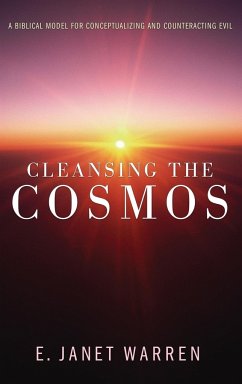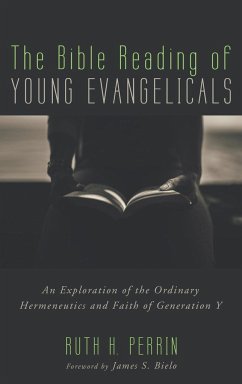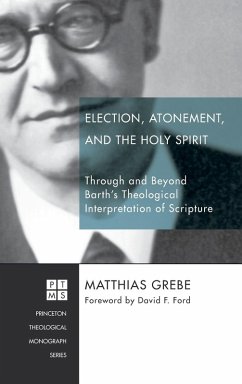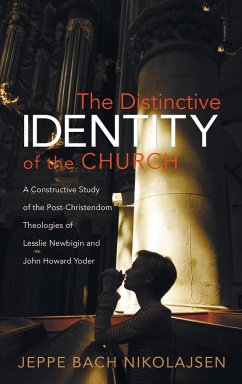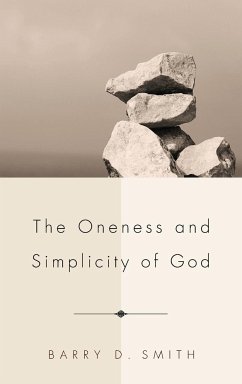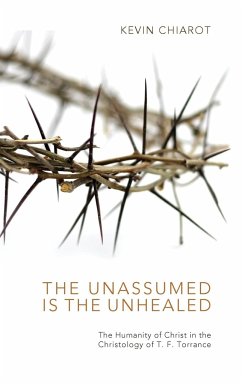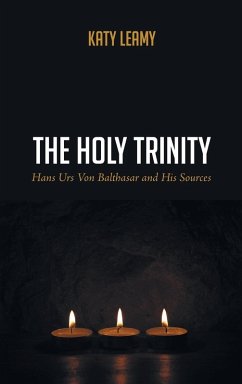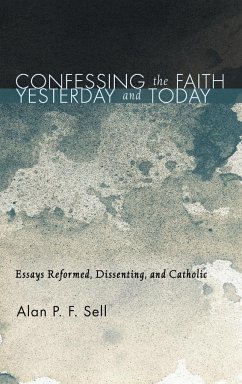
Confessing the Faith Yesterday and Today
Versandkostenfrei!
Versandfertig in 1-2 Wochen
47,99 €
inkl. MwSt.
Weitere Ausgaben:

PAYBACK Punkte
24 °P sammeln!
Description: What is it to confess the Christian faith, and what is the status of formal confessions of faith? How far does the context inform the content of the confession? These questions are addressed in Part One, with reference to the Reformed tradition in general, and to its English and Welsh Dissenting strand in particular. In an adverse political context the Dissenters' plea for toleration under the law was eventually granted. The question of tolerance remains alive in our very different context, and in addition we face the challenge of confessing and commending the faith in an intellec...
Description: What is it to confess the Christian faith, and what is the status of formal confessions of faith? How far does the context inform the content of the confession? These questions are addressed in Part One, with reference to the Reformed tradition in general, and to its English and Welsh Dissenting strand in particular. In an adverse political context the Dissenters' plea for toleration under the law was eventually granted. The question of tolerance remains alive in our very different context, and in addition we face the challenge of confessing and commending the faith in an intellectual environment in which many question Christianity's relevance and rebut traditional defenses of it. In Part Two it is recognized that Christian confessing is an ecclesial, not simply an individual, calling, and that the one confessing church catholic is visibly divided over doctrine and practice. Suggestions for ameliorating this situation are offered, though the final resolution may be a matter for the eschaton. Until then Christians are called to witness faithfully and to live hopefully as citizens of heaven. In an epilogue the challenges and pitfalls of systematic theology as a discipline involving both confession and commendation are explored. Endorsements: ""It is a delight to find these essays of Sell's brought together with a coherence and timeliness that makes it useful for the reader of theological, historical, or pastoral interest. . . . This book demonstrates again for the ecumenist that it is important we dare not lose any of the gifts with which the Holy Spirit has gifted her churches . . . as we move in pilgrimage toward that visible unity for which Christ prayed."" --Brother Jeffrey Gros, Catholic Studies Scholar in Residence, Lewis University ""From the sixteenth century to the present, from the evolution of toleration to the fluctuating history of eschatology, in conversation with Browne, Calvin, Forsyth, Barth, and countless ecumenical partners, here is Reformed theology at its elegant, thoughtful, lucid, courteous, and provocative best."" --David Cornick, Fellow in Theology and Religious Studies, Robinson College, Cambridge About the Contributor(s): Alan P. F. Sell, of the University of Wales Trinity Saint David, is a philosopher-theologian and ecumenist who has held academic posts in England, Canada, and Wales, and ecclesiastical posts in England and Geneva. He is the author of over thirty books.






